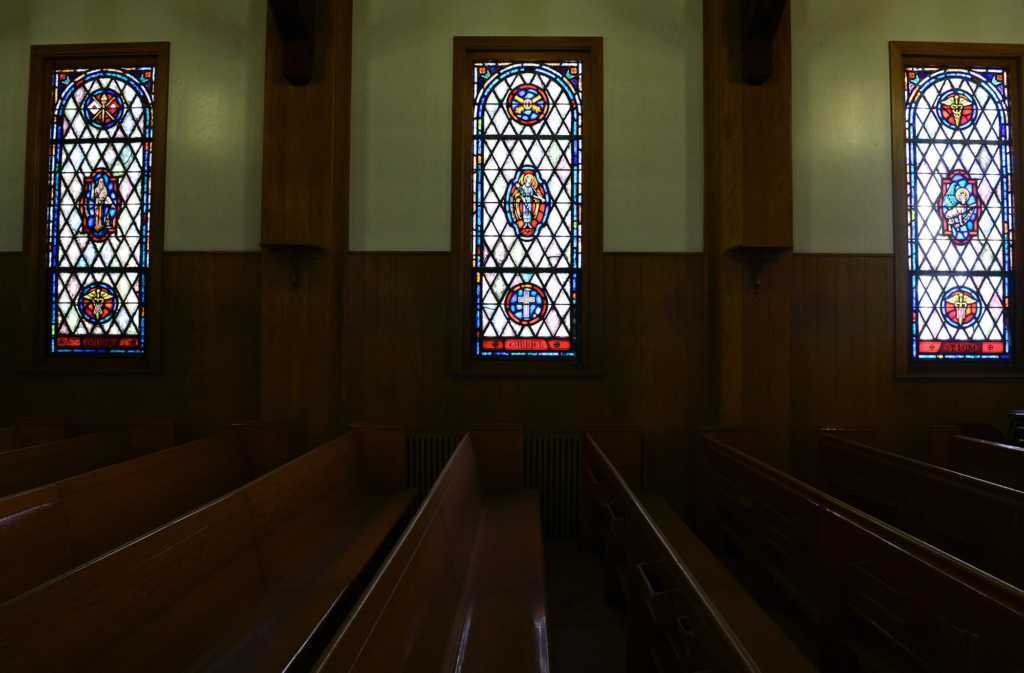A newly released study from Harvard University has shown that despite popular reports that American Christianity is dying, faith in the US is actually as strong as ever.
The study, published late last year, was titled “The Persistent and Exceptional Intensity of American Religion: A Response to Recent Research” tested the “secularization thesis” that puts forward a notion suggesting that developed countries are leaving religious faith behind in favor of an increasingly secular modern culture.
However, researchers Landon Schnabel of Indiana University and Sean Bock of Harvard found that the U.S. “remains an exceptional outlier and potential counterexample” to that assertion. In recent years, much has been made of the supposed mass exodus of millennials from the Christian faith.
“One of the most striking findings in the recently released Religious Landscape Study is that Millennials (young adults born between 1981 and 1996) are much less likely than older Americans to pray or attend church regularly or to consider religion an important part of their lives,” Pew Research reported last year.
And what about the others? Well, you’ve likely heard of the “nones” – those who have no affiliation with any religion. Many nones grew up in a faith-filled home, but have found themselves disillusioned with Church and faith, as Pew explained:
“About half of current religious “nones” who were raised in a religion (49%) indicate that a lack of belief led them to move away from religion. This includes many respondents who mention “science” as the reason they do not believe in religious teachings.”
That being said, many areas of the American Christian church are going from strength to strength. Pew noted in 2015 that nondenominational evangelical churches are growing rapidly and that black Protestant churches have remained pretty stable, and are even on a subtle increase in numbers.
Plus, while there is a large number of people leaving churches across the US, many of these are simply fed up with their particular congregation, as opposed to rejecting Christianity as a whole.
“Mainline churches are tanking as if they have super-sized millstones around their necks. Yes, these churches are hemorrhaging members in startling numbers, but many of those folks are not leaving Christianity. They are simply going elsewhere,” wrote Glen Stanton at The Federalist.
“Because of this shifting, other very different kinds of churches are holding strong in crowds and have been for as long as such data has been collected. In some ways, they are even growing. This is what this new research has found.”
This is no new argument, either.
Back in November 2015, J. Gordon Melton, a professor of American religious history at the Waco, Texas, argued that “[w]hile some churches have lost membership over the last 65 years, simultaneously, hundreds of new denominations have been founded, and while population has more than doubled, church membership has more than quadrupled.”
“It is still in an upward trajectory,” he added.
Another interesting element to the whole debate is the amount of Christians leaving progressive churches in search of conservative, straight-down-the-line, gospel-preaching congregations.
“When the so-called “progressive” churches question the historicity of Jesus, deny the reality of sin, support abortion, ordain clergy in same-sex relationships and perform their marriages, people desiring real Christianity head elsewhere,” noted Stanton.
“Fact: evangelical churches gain five new congregants exiled from the liberal churches for every one they lose for any reason. They also do a better job of retaining believers from childhood to adulthood than do mainline churches.”



